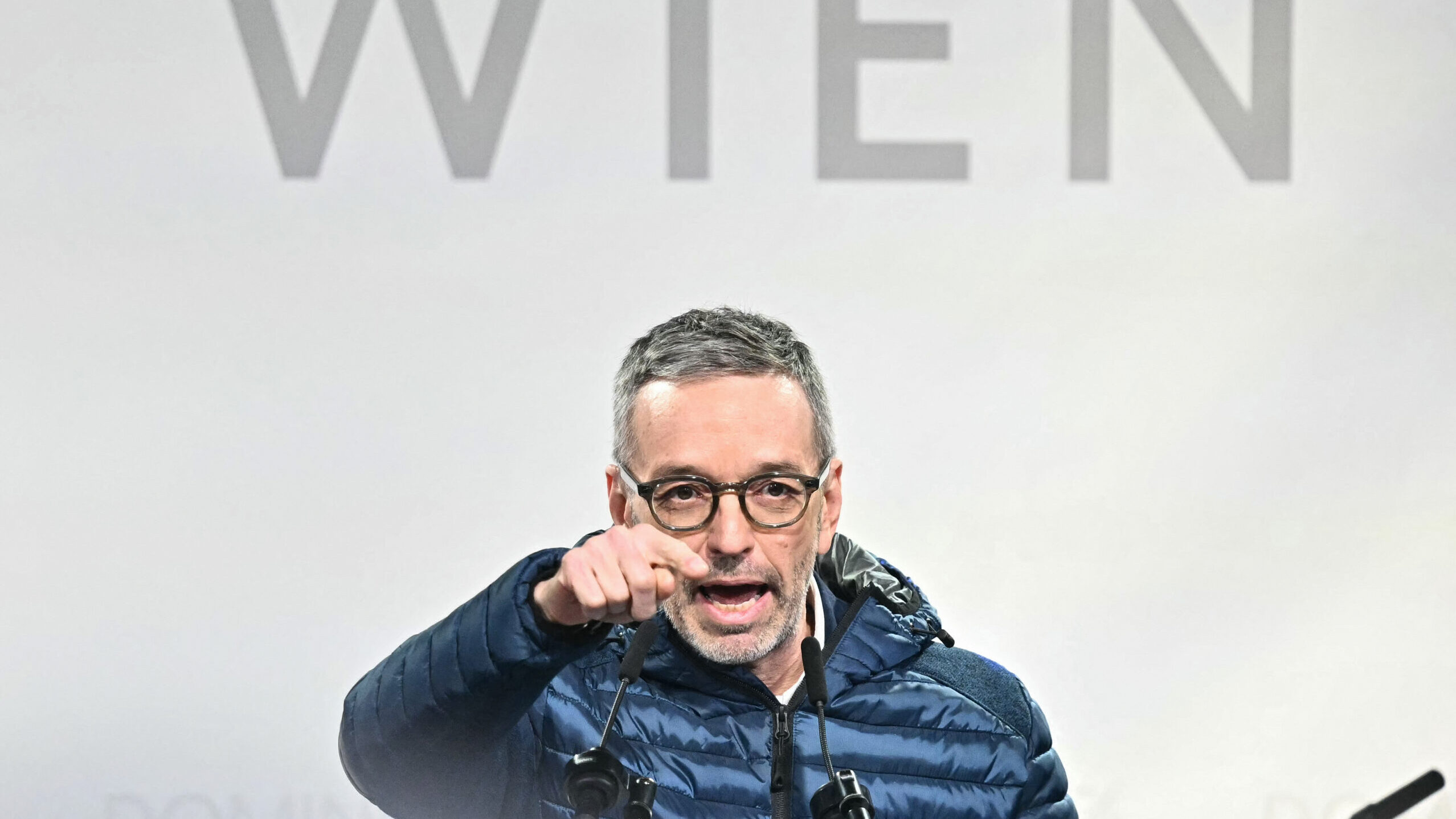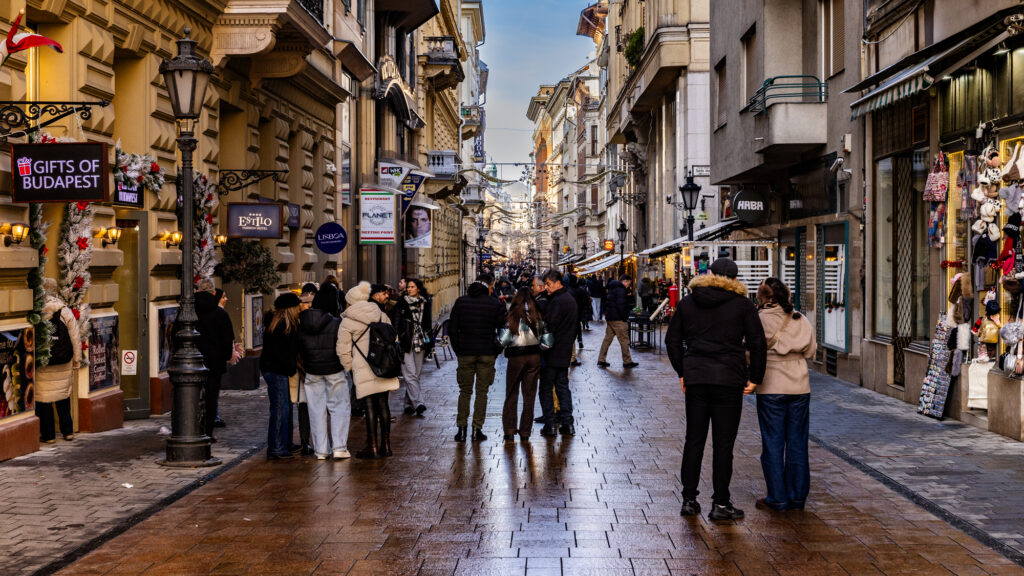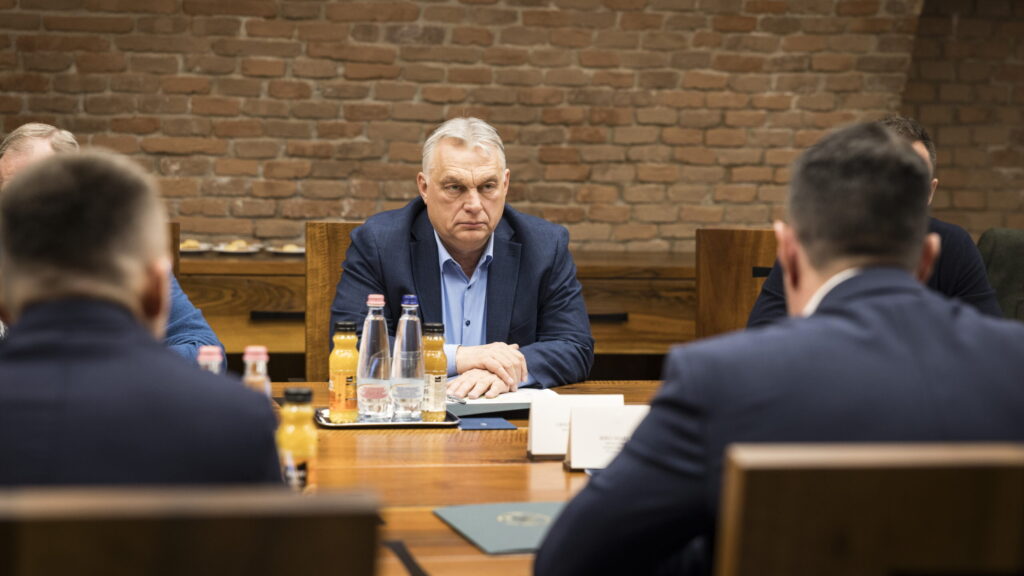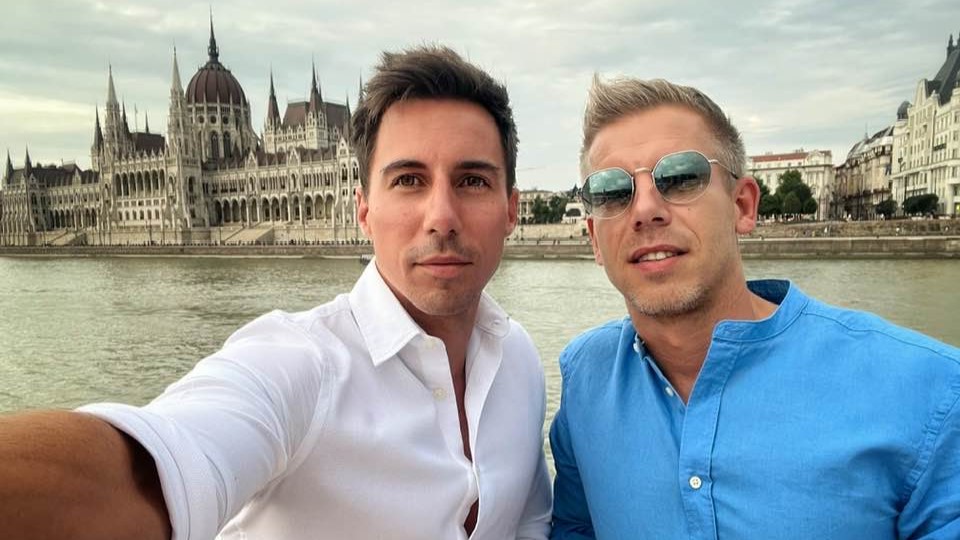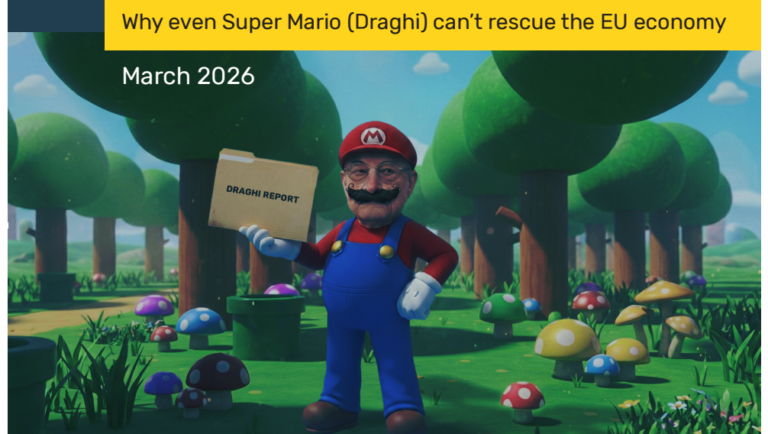The Austrian Freedom Party (FPÖ) has reached its highest-ever polling level, climbing to 38 per cent in a survey conducted by the Market Institut. Herbert Kickl’s party has gained nearly ten percentage points since last year’s parliamentary elections in September, when the FPÖ won 29 per cent of the vote—more than any other party.
The Austrian People’s Party (ÖVP), once viewed as a potential coalition partner for the FPÖ back in 2024, currently ranks second in the Market poll with 21 per cent, followed by the Greens at 11 per cent. The liberal-progressive NEOS would come in fourth with 7 per cent, while the Communist Party (KPÖ) would also surpass the parliamentary threshold, polling at 4 per cent.
After the 2024 election, the president asked Kickl to form a government; however, coalition talks with the only viable partner, the ÖVP, collapsed at the beginning of 2025. At present, an ÖVP–SPÖ–NEOS coalition governs the country—an administration mired in crises. Austria continues to struggle with weak economic performance following a two-year recession. The Austrian National Bank expects GDP to grow by only 0.3 per cent in 2025, while unemployment has risen to 375,000—up six per cent from last year. Johannes Kopf, head of the Public Employment Service, warned that the prolonged crisis is pushing many businesses to the brink. Inflation also remains high at 4.1 per cent in August, the fifth-highest rate in the Eurozone.
Europe Elects on X (formerly Twitter): “Austria, Market poll:FPÖ-PfE: 38%ÖVP-EPP: 21% (+1)SPÖ-S&D: 17%GRÜNE-G/EFA: 11% (+1)NEOS-RE: 7% (-1)KPÖ-LEFT: 4%+/- vs. 06-07 October 2025Fieldwork: 13-14 October 2025Sample size: 2,000➤ https://t.co/XWpToewZ7C pic.twitter.com/bTLo2CQvZ4 / X”
Austria, Market poll:FPÖ-PfE: 38%ÖVP-EPP: 21% (+1)SPÖ-S&D: 17%GRÜNE-G/EFA: 11% (+1)NEOS-RE: 7% (-1)KPÖ-LEFT: 4%+/- vs. 06-07 October 2025Fieldwork: 13-14 October 2025Sample size: 2,000➤ https://t.co/XWpToewZ7C pic.twitter.com/bTLo2CQvZ4
Riding the Patriotic Wave
The FPÖ’s unprecedented polling figures reflect a wider strengthening of patriotic forces across Europe. As Hungarian Conservative reported last week, the right-wing, anti-immigration Alternative für Deutschland (AfD) surpassed 40 per cent in a regional poll for the first time in its history, while also leading national polls ahead of the governing Christian Democratic Union (CDU), with 25–26 per cent support.
Meanwhile, in the United Kingdom, Nigel Farage’s Reform UK is projected to win the largest parliamentary majority in modern British history. In France, President Emmanuel Macron continues to struggle to form a stable government, while snap elections appear increasingly likely. Marine Le Pen’s National Rally remains the frontrunner, leading Macron’s party by around 20 percentage points.
These developments offer a promising outlook for the right-wing European political alliance Patriots for Europe (PfE), founded by Kickl, Hungarian Prime Minister Viktor Orbán, and Czech prime minister-elect Andrej Babiš, whose ANO party achieved a landslide victory in the Czech parliamentary elections earlier in October.
Tough Test Ahead Orbán
Orbán himself faces a fierce campaign ahead of Hungary’s April 2026 parliamentary elections—described by both sides as the most decisive contest in recent years. The prime minister and his party, Fidesz, have won four consecutive elections over the past 15 years, each time securing a two-thirds parliamentary supermajority. One of his biggest victories came in 2022, when Fidesz captured over 54 per cent of the vote—overturning a four-point deficit in autumn 2021 into an 18-point lead. The political landscape today bears striking similarities to that period: many polling institutes now show the opposition Tisza Party—founded by Péter Magyar, the former husband of ex-Justice Minister Judit Varga and once an insider in Fidesz circles—leading by an even wider margin than the opposition enjoyed in 2021.
Orbán has recently secured endorsements from both US President Donald Trump and Russian President Vladimir Putin. The two leaders are also scheduled to meet in Budapest for the next round of peace talks on Ukraine. Hosting a Trump–Putin summit is widely recognized as a major diplomatic victory for Orbán—and a slap in the face for Brussels, which has sought to isolate Hungary over the past three years due to its dissenting position on the war in Ukraine. The meeting itself could boost domestic support for Orbán, and if it even leads to tangible progress toward peace, it would further cement his image as a strong and internationally respected leader.
Related articles:

